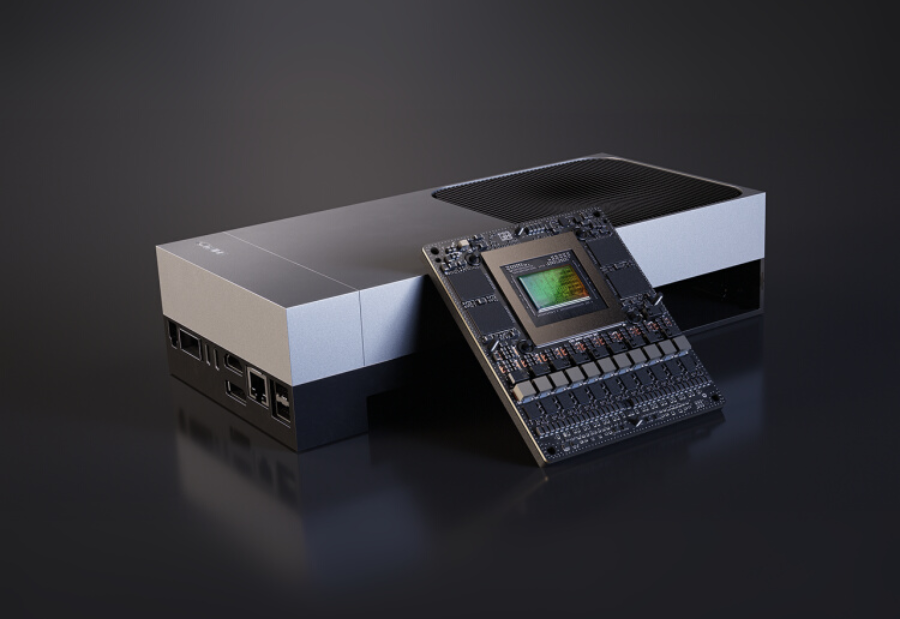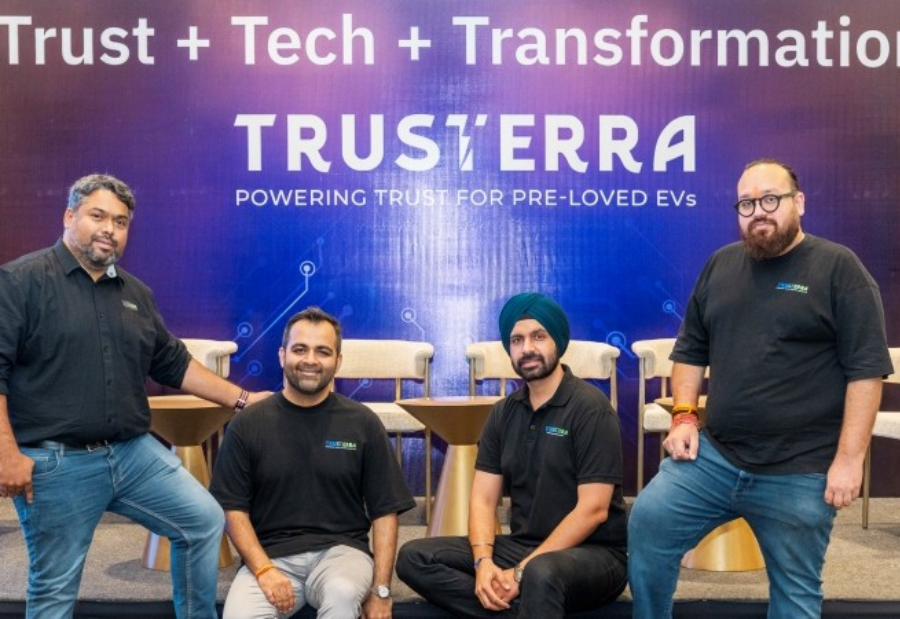Nvidia has officially launched Jetson Thor, a new robotics computer designed to serve as the brain of advanced AI-powered robots. Now generally available, the chip marks a significant improvement over its predecessor, Jetson Orin, with major boosts in performance and capabilities for real-time robotic applications.
According to Nvidia, Jetson Thor delivers 7.5 times more AI compute, 3.1 times higher CPU performance, and double the memory of Jetson Orin. These advancements will enable developers to process high-speed sensor data and carry out advanced visual reasoning tasks directly on the device. This shift could transform how robots operate in fast-changing and demanding environments.
Agility Robotics, the creator of the humanoid robot Digit, has used earlier Jetson models in its systems and will now adopt Jetson Thor for the sixth generation of Digit. Peggy Johnson, chief executive of Agility Robotics, said: “The powerful edge processing offered by Jetson Thor will take Digit to the next level, enhancing its real-time responsiveness and expanding its abilities to a broader, more complex set of skills.”
Digit is already in use across warehouses and factories, assisting with tasks such as stacking, loading, and palletising. With Jetson Thor, Agility expects the robot to handle even more advanced responsibilities.
Boston Dynamics, well known for building some of the most advanced humanoid robots, also plans to use Jetson Thor in its Atlas model. Nvidia said this would allow Atlas to access server-level computing power, increase the speed of AI workloads, and manage high-bandwidth data directly on device, reducing dependence on cloud systems.
The potential applications go far beyond humanoid robots. Jetson Thor could drive progress in fields such as surgical assistance, delivery robots, agricultural machinery, industrial manipulators, and AI agents for video analytics. By supporting more complex AI models in real time, the chip could accelerate robotics innovation across multiple industries.
Jetson Thor has been designed to work with generative reasoning models, including large transformer and vision-language-action systems. This means robots will be able to interact with their surroundings in more intelligent and adaptive ways. Nvidia confirmed that the platform supports a wide range of popular AI frameworks such as Cosmos Reason, DeepSeek, Llama, Gemini, and Qwen, along with robotics-specific models like Isaac GR00T.
Research institutions are also testing the platform’s potential. Teams at Stanford University, Carnegie Mellon University, and the University of Zurich are already using Jetson Thor for work on perception, navigation, and planning models in areas such as search and rescue and medical triage. Sebastian Scherer, associate research professor at Carnegie Mellon, said that moving to Jetson Thor would help robots “handle much more nuanced tasks” by enhancing both perception and decision-making.
The Jetson Thor developer kit is priced at 3,499 US dollars, while Jetson T5000 production modules start at 2,999 US dollars for bulk orders. Nvidia also announced that the DRIVE AGX Thor developer kit for autonomous vehicles is open for preorder, with deliveries scheduled to begin in September.
Also read: Viksit Workforce for a Viksit Bharat
Do Follow: The Mainstream formerly known as CIO News LinkedIn Account | The Mainstream formerly known as CIO News Facebook | The Mainstream formerly known as CIO News Youtube | The Mainstream formerly known as CIO News Twitter |The Mainstream formerly known as CIO News Whatsapp Channel | The Mainstream formerly known as CIO News Instagram
About us:
The Mainstream formerly known as CIO News is a premier platform dedicated to delivering latest news, updates, and insights from the tech industry. With its strong foundation of intellectual property and thought leadership, the platform is well-positioned to stay ahead of the curve and lead conversations about how technology shapes our world. From its early days as CIO News to its rebranding as The Mainstream on November 28, 2024, it has been expanding its global reach, targeting key markets in the Middle East & Africa, ASEAN, the USA, and the UK. The Mainstream is a vision to put technology at the center of every conversation, inspiring professionals and organizations to embrace the future of tech.




